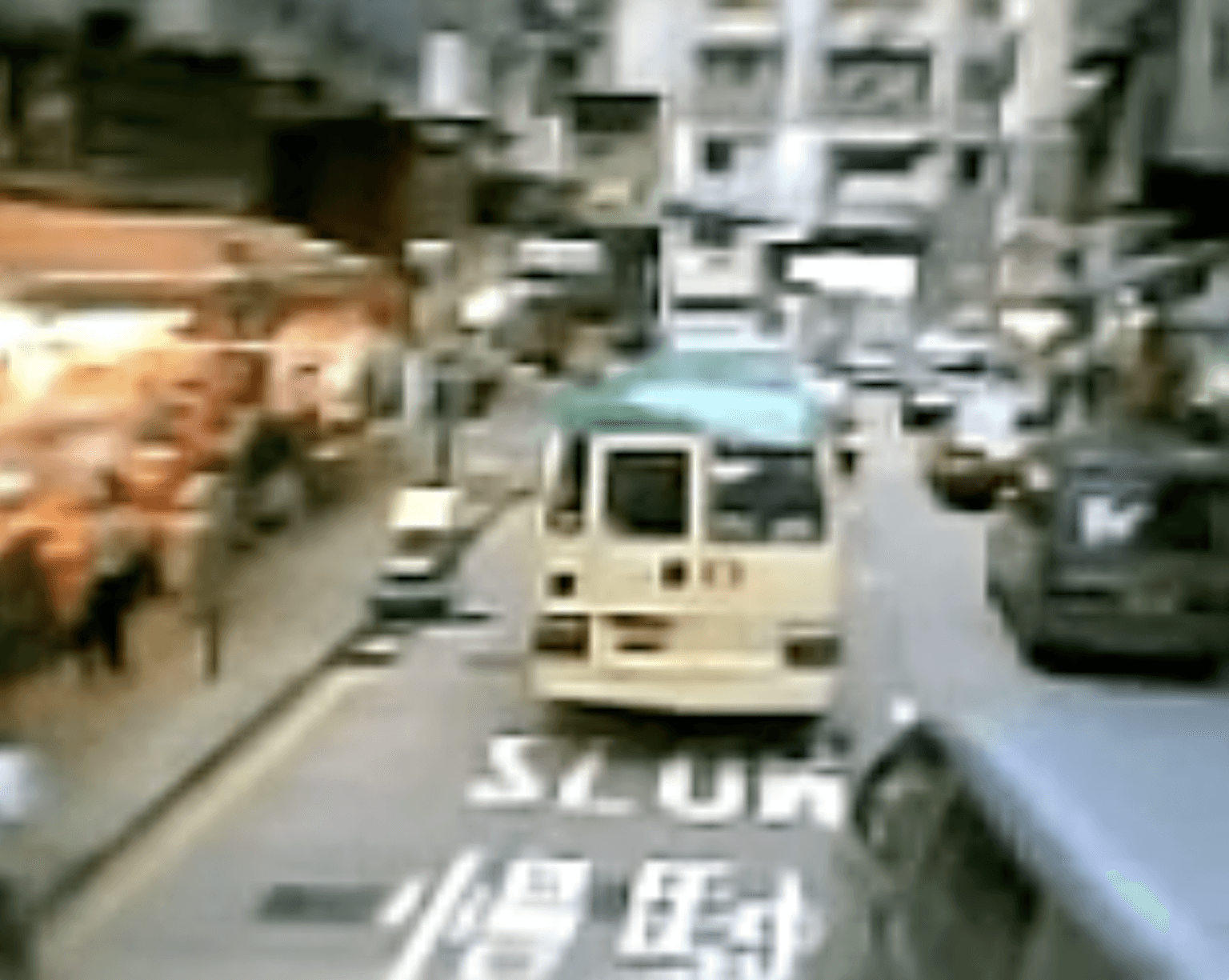Slow Progress
Before Hong Kong reverted to Chinese sovereignty in 1997 the British colonial government and the Chinese government both promised ‘stability and prosperity’ for Hong Kong after the handover. We were supposed to see the appearance of ever-taller skyscrapers as evidence of progress, and to believe that shiny new consumer products would offer us a happier future. Democracy would not be necessary to effect this improvement in our lives, and we shouldn’t worry our heads about such an irrelevant matter.
Just after the handover itself came the Asian economic crisis, and Hong Kong’s economy was in recession for a long time after that. Progress seems slow coming on both the economic front and the political front. Despite a demonstration by around half a million people on 1 July 2003 and a further large demonstration on 1 July 2004, there was no movement towards the introduction of fully democratic elections for either the legislature or the executive in the period that followed.
Slow Progress was born in this post-SARS time when forward motion seemed hard to discern in Hong Kong, and when even the appearance of progress often turned out to be illusory. We appear to move forward, but never seem to get anywhere – although it may take a bit of viewing time to notice that. After noticing the lack of progress the viewer’s attention may shift from the images of transit (movement through a Hong Kong cityscape viewed as if through the window of a moving vehicle) to the film itself as film. The grainy low resolution images, with their constantly shifting viewpoint which echoes the spontaneous movements of the human gaze more than the steady vision of a film camera, may come to be interrogated for signs of editing. The puzzle is not so difficult to solve, in fact, but still it takes up some time.
about the artist /
David Clarke is both an art historian and a visual artist. Trained in London, he moved to Hong Kong in 1986 to take up employment at the University of Hong Kong, where he worked till 2017. Clarke’s art historical research has been primarily in the areas of American and Chinese art history, and his sole-author books include: The Influence of Oriental Thought on Postwar American Painting and Sculpture (1988); Hong Kong Art: Culture and Decolonization (2001); Water and Art (2010); and Chinese Art and its Encounter with the World(2011). As a visual artist Clarke has exhibited his work in Hong Kong and around the world on more than sixty occasions during the last thirty years, including several one-person museum shows in Hong Kong and an extensive one-person exhibition in Britain. He has published two photo books concerning Hong Kong: Reclaimed Land: Hong Kong in Transition (2002) and Hong Kong x 24 x 365: A Year in the Life of a City (2007). Recent projects have focused on artistic collaboration: he undertook a dialogue with performance artist Kwok Mangho, with the composers Chan Hing-yan and Joyce Wai-Chung Tang (who have both separately written musical compositions in response to Clarke’s photographic images), and with creative writer Xu Xi (a word/image dialogue was published in 2016 as Interruptions by the University Museum and Art Gallery, HKU). Clarke is the founder and academic director of the Hong Kong Art Archive (http://finearts.hku.hk/hkaa/), and has played major public service roles for organizations such as the Hong Kong Arts Centre, the Hong Kong Arts Development Council, the West Kowloon Cultural District Authority, and the College Art Association. A series of 73 lectures by Clarke on modern art is freely available online athttp://www.youtube.com/playlist?list=PLsYxtdAdqBSfNEVf2Y9WsN1YyOe-5G52i.
vmac archived / 4 artworks from the artist
All copyright reserved by the artist. 作品版權歸藝術家所有。
For enquires, please contact vmac@videotage.org.hk

